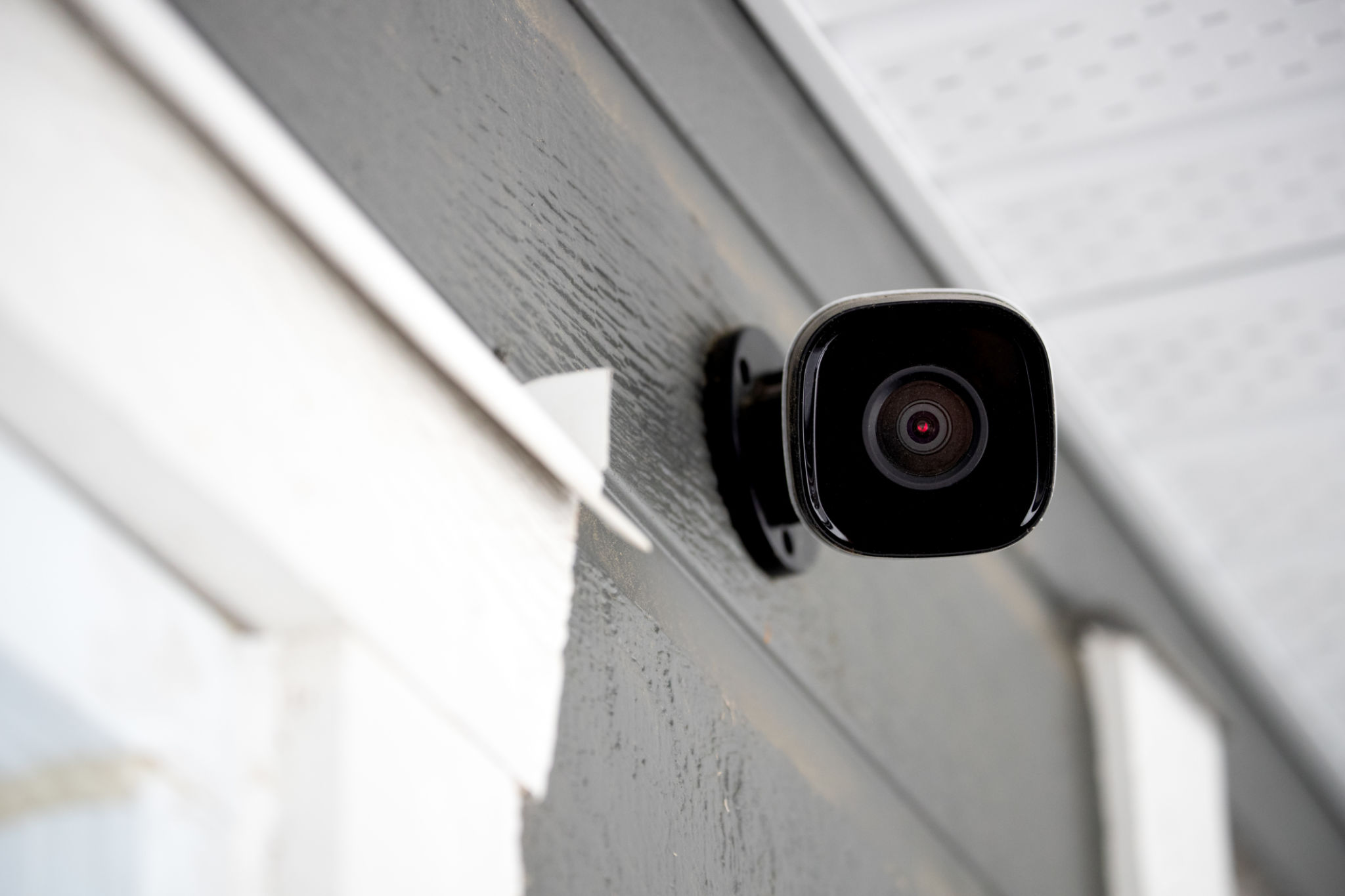Essential Guide: Choosing the Right Electronic Security System for Your Home
Understanding Your Home Security Needs
When it comes to protecting your home, choosing the right electronic security system is crucial. The first step is to understand your specific security needs. Consider factors such as the size of your home, the number of entry points, and the neighborhood's safety statistics. This assessment will guide you in selecting a system that provides comprehensive coverage.
Modern electronic security systems offer a range of features that can be tailored to meet individual requirements. From basic alarm systems to advanced surveillance cameras and smart home integration, there's a solution for every household.

Types of Electronic Security Systems
There are several types of electronic security systems available in the market. These include:
- Alarm Systems: These are the most basic form of security systems that alert you and the authorities of a breach.
- Surveillance Cameras: Offer real-time monitoring and recording, providing visual evidence of any incidents.
- Access Control Systems: Allow you to manage who enters your home, offering options like keypads, biometrics, and card readers.
Each type has its own features and benefits. It's important to evaluate which system aligns best with your security priorities.

Features to Consider
When choosing an electronic security system, consider features that enhance security and convenience. Some key features include:
- Remote Monitoring: Allows you to keep an eye on your home from anywhere via smartphone or computer.
- Motion Detection: Triggers alerts or recordings when movement is detected, minimizing false alarms.
- Smart Home Integration: Connects your security system with other smart devices for seamless operation.
These features not only improve security but also offer peace of mind by keeping you connected to your home.

Installation and Maintenance
The installation process varies depending on the complexity of the system. Professional installation ensures that the system is set up correctly and covers all necessary areas. However, DIY systems are also available for those who prefer a hands-on approach.
Regular maintenance is essential to ensure that the system operates efficiently. Check for software updates, test sensors and alarms periodically, and replace batteries as needed. This proactive approach helps prevent potential malfunctions.
Budget Considerations
Budget plays a significant role in determining which electronic security system is right for you. Prices can range from affordable basic models to high-end systems with extensive features. Determine what features are essential and set a realistic budget accordingly.
While it's tempting to opt for the cheapest option, investing in a reliable system can save you from future losses and provide better protection for your home.

The Importance of Professional Monitoring
Many modern security systems offer professional monitoring services. This means that a dedicated team keeps an eye on your home 24/7, ready to respond in case of emergencies. This service can be invaluable, especially if you're frequently away from home or live in an area with higher crime rates.
Consider the level of monitoring you need and explore the various service plans offered by security companies to find one that suits your lifestyle and preferences.
Conclusion
Choosing the right electronic security system for your home involves careful consideration of your specific needs, budget, and desired features. By taking the time to understand these factors and exploring available options, you can find a system that offers both protection and peace of mind. Remember, investing in a quality security system is a step towards ensuring the safety and security of your loved ones and your property.